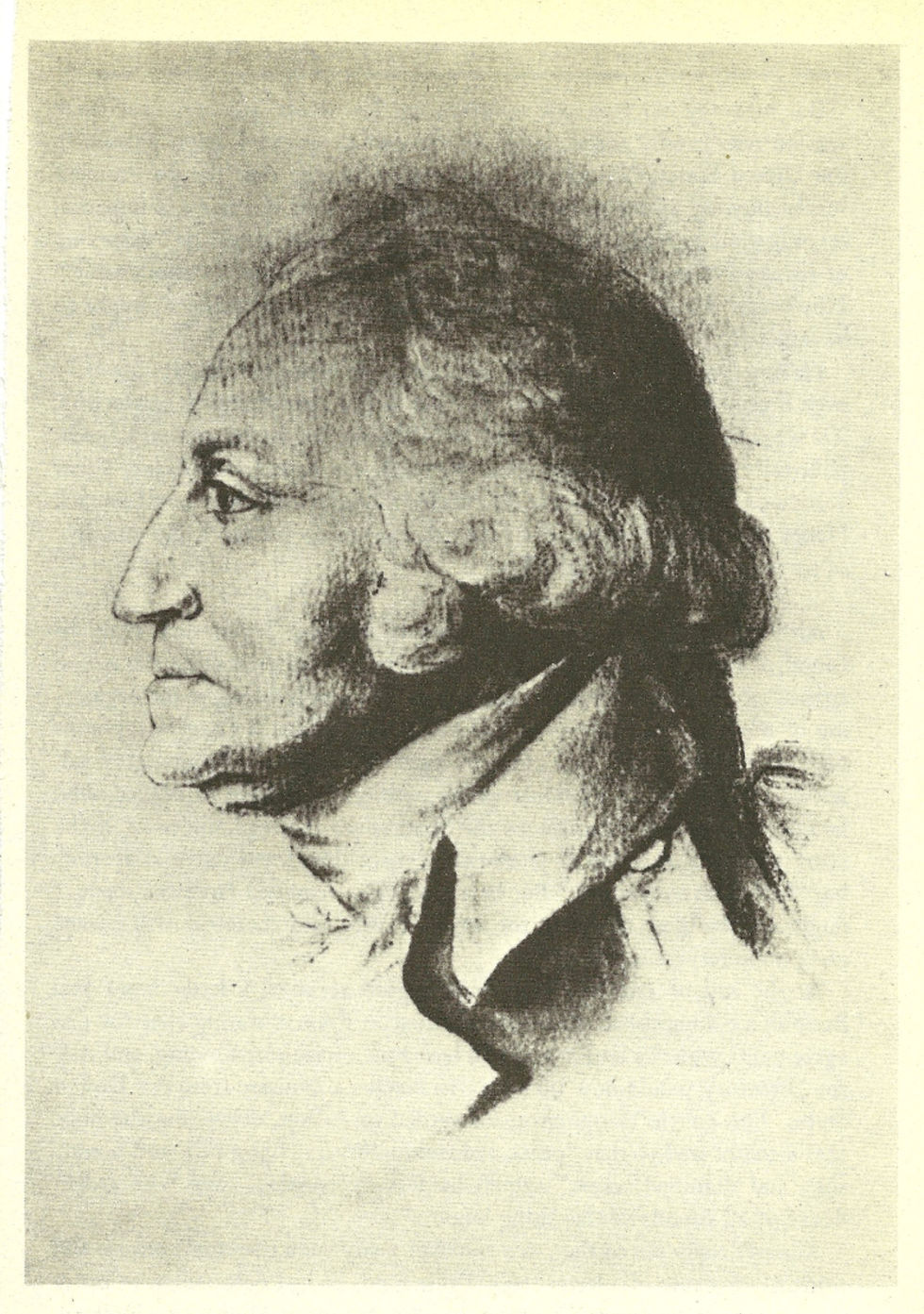Ted Koppel and the Ten Commandments
- richardnisley
- Sep 27, 2021
- 4 min read
Updated: Feb 20, 2025
Note: what follows was given to me as a letter some time around 1990:
"In this time of commencement addresses, I recall one in particular given by ABC news anchor Ted Koppel at Duke University in 1987. While Koppel’s address touched on a number of subjects the overriding theme was moral absolutes and how they relate to our society. He reserved his best for last—The Ten Commandments. Then, as now, the presidential campaign was in full swing. What follows are his concluding remarks. The punctuation is his."
Mr. Koppel:
"We have spent 5,000 years as a race of rational human beings trying to drag ourselves out of the primeval slime by searching for truth . . . and moral absolutes. In the place of Truth we have discovered facts; for moral absolutes we have substituted moral ambiguity. We now communicate with everyone . . . and say absolutely nothing. We have reconstructed the Tower of Babel and it is a television antenna. A thousand voices producing a daily parody of democracy; in which everyone’s opinion is afforded equal weight; regardless of substance or merit. Indeed, it can even be argued that opinions of real weight tend to sink with barely a trace in television’s ocean of banalities.
"Our society finds Truth too strong a medicine to digest undiluted. In its purest form Truth is not a polite tap on the shoulder; it is a howling reproach.
"What Moses brought down from Mt. Sinai were not the Ten Suggestions . . . they are Commandments. ARE not WERE.
"The sheer brilliance of the Ten Commandments is that they codify, in a handful of words, acceptable human behavior. Not just for then . . . or now . . . but for all time. Language evolves . . . power shifts from nation to nation . . . messages are transmitted with the speed of light . . . Man erases one frontier after another; and yet we and our behavior . . . and the Commandments which govern that behavior . . . remain the same.
"The tension between those Commandments and our baser instincts provide the grist for journalism’s daily mill. What a huge void there would be in our informational flow and in our entertainment without the routine violation of the Sixth Commandment. Thou shalt not murder.
"On what did (presidential candidate Gary) Hart campaign founder? On accusations that he violated the Seventh Commandment. Thou shall not commit adultery. Relevant? Of course the Commandments are relevant. Simply because we use different terms and tools, the Eight Commandment is still relevant to the insider trading scandal. The Commandments don’t get bogged down in methodology. Simple and the to the point. Thou shalt not steal. Watch the Iran/Contra hearings and keep the Ninth Commandment in mind: Thou shalt not bear false witness. And the Tenth Commandment, which seems to have been crafted for the ‘80s and the “Me” generation. The Commandment against covetous desires: against longing for anything we cannot get in an honest and legal fashion.
"When you think about it, it’s curious, isn’t it? We’ve changed in almost all things—where we live, how we eat, communicate, travel: and yet, in our moral and immoral behavior we are fundamentally unchanged.
"Maimonides* and Jesus summed it up in almost identical words: Thou shalt love thy neighbor as thyself. Do unto others as you would have them do unto you. So much for our obligations toward our fellow men. That’s what the last five Commandments are all about.
"The first five are more complex in that they deal with figures of moral authority. The Fifth Commandment requires us to honor our father and mother. Religious scholars through the years have concluded that it was inscribed on the first tablet . . . among the laws and piety toward God because, as far as their children are concerned, parents stand in the place of God. What a strange conclusion! Us in the place of God. We, who set such flawed examples for you. And yet, in our efforts to love you, we do our feeble best to personify that perfect image of love and forgiveness and Providence which some of us find in God. Which brings me to the First and, in this day and age probably the most controversial of the Commandments; since it requires that we believe in the existence of a single supreme God. And then, in the second, third and fourth Commandments, prohibits the worship of any other gods, forbids that his name be taken in vain, requires that we set aside one day in seven to rest and worship him. What a bizarre journey; from sweet, undemanding (TV host) Vana White to that all demanding jealous Old Testament God.
"There have always been imperfect role models; false gods of material success and shallow fame; but now their influence is magnified by television.
"I caution you, as one who performs daily on the flicker altar, to set your sights beyond what you can see. There is true majesty in the concept of an unseen power which can neither be measured nor weighed. There is harmony and inner peace to be found in following a moral compass that points in the same direction, regardless of fashion or trend. There is hope that if we can only set our course according to Man’s finest aspirations, we can achieve what we all want; and that we can have it without diminishing our neighbor’s share: Peace!
"May it come to your generation."
*Maimonides: The most renowned of the Jewish medieval scholars.
END -

Comments